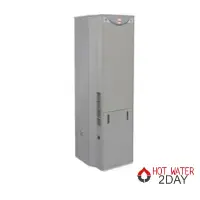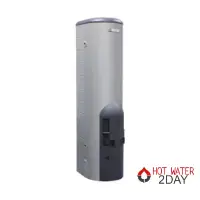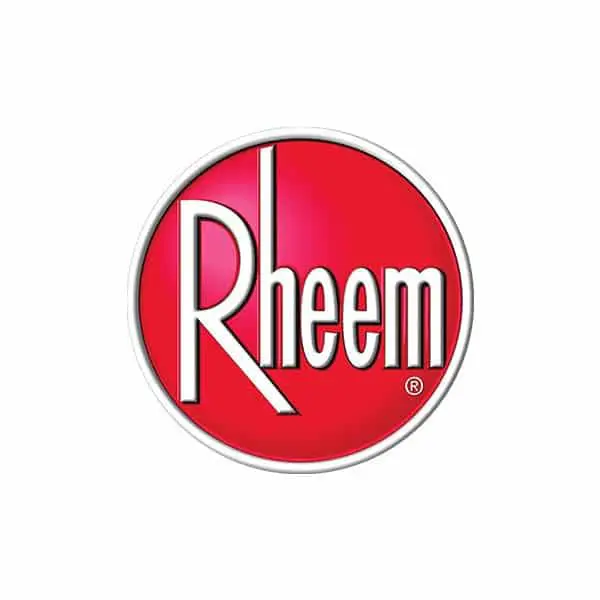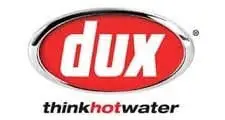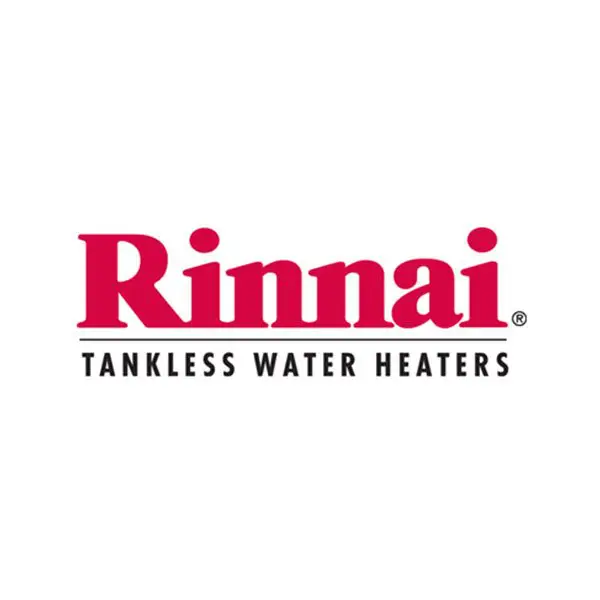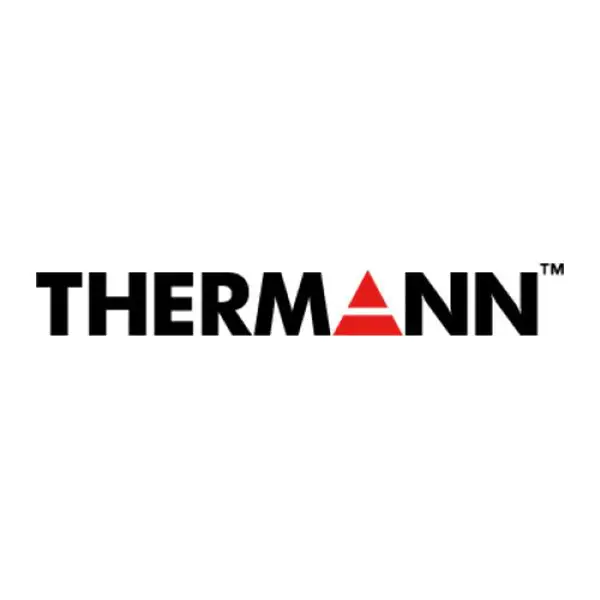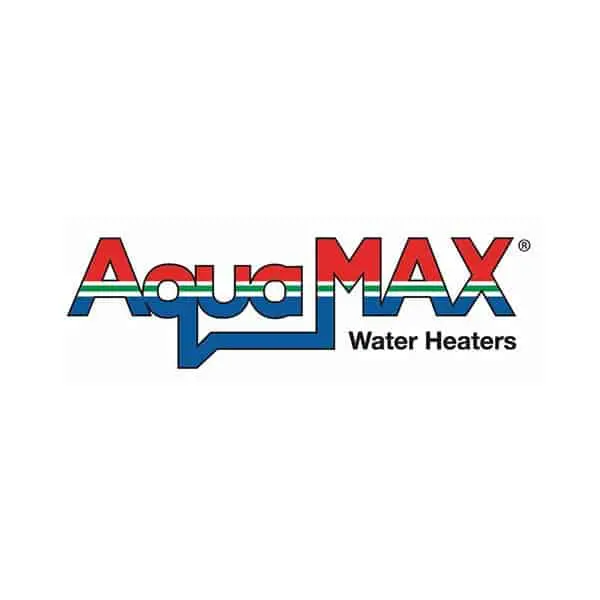FAQ'S
We provide the best answers to your frequently asked questions about hot water systems. Hot water 2day is the best source for information about water heaters. We provide tips and advice on how to select the right model, how to save money on your energy bills, and more!
Get the answers to all of your frequent questions about water heaters from our team at hot water 2day. We offer expert advice and services for both residential and commercial properties. We have a wide variety of hot water systems to choose from, and our experts are always happy to help you find the perfect one for your home.
Inquire Today
Cost of Hot Water Systems
Listed on our site we offer two fixed prices.
- Supply including delivery ” this means we will have the product of your choice delivered to your chosen location generally within hours of your order being processed this applies for all major cities and a majority of regional areas.
- ” Supplied including installation ” (this price includes the product of your choice, delivery fee along with installation) this is priced for a straight changeover of like-for-like products.
For anything outside of the purchase and delivery of a product or the supply and installation of like-for-like products, additional charges may be needed, listed below are scenarios where additional charges will be required.
- As part of the Australian standards, you may require the installation of additional valves, these valves are all listed on the site along with videos that describe these valves and their application.
2. Installation of a new system that isn’t the same as your existing system, may require additional charges for the alteration of pipework
3. Installation of a continuous flow water heater in place of an existing storage heater or vice versa.
On most occasions Delivery is free especially when you live in major cities or larger regional towns, on the odd occasion where you live outside of our free service areas you will be notified of any additional fees before delivery, fear not we will never slap you with an additional delivery fee without notification.
Best Water Heater
When you are looking at installing a new continuous flow water heater there are few things to understand.
- Is it LPG or Natural gas that you require? Lpg is bottled gas, Natural gas is supplied from the street.
- Do I need a 50 Degree unit or a 60-degree unit? Quite simply if you’re replacing a continuous flow with another continuous flow unit, you can easily see if you have a tempering valve or not, if you do then you want a 60-degree unit if you don’t then a 50-degree unit is what you need.3. If you are wanting to replace your existing gas storage water heater with a continuous flow unit, then things start getting a little trickier, and there are several questions you need to ask yourself.
- I have no space for a large water heater, continuous flow units are great space savers, small compact, and easily put where traditional units won’t fit
- I want an economical gas unit, Continuous flow units are only slightly more economical than storage units, If you are serving under 3 people in the house, anything over this you are not saving anything.
- I run out of hot water, as the name suggests these will supply you with a continuous amount of hot water.
- Can the plumber connect onto a 20mm cold water pipe? Traditionally gas storage water heaters are serviced by a 15 mm cold water supply, however, this is inadequate for a continuous flow unit as they require a larger flow of water to function.
- Can the plumber connect onto a 20mm gas pipe? Traditionally gas storage water heaters are serviced by a 15 mm gas supply, however, this is inadequate for a continuous flow unit as they require a larger flow of gas to ensure the burner fires up.
- When installing a continuous flow unit an electrician is required to install an external PowerPoint, most traditional units that we sell will require this.
More often than not a continuous flow water heater isn’t a straightforward install when replacing a gas storage heater, so what other options can be offered? The good news is that manufacturers have recognised this issue and have engineered a few products that will provide a suitable solution in the instance where a continuous flow will not suit.
- Rheem or AquaMax 340Ltr Gas water heaters, these units are a storage unit with a capacity of 155L, however, these hard-working units will deliver 340L TRS of hot water in the first hour with 185L delivered every hour after, meaning they will supply ample hot water for any large-sized family, along with a very speedy recovery rate ensuring that your demands are met easel, not only are they a happy medium between a traditional storage heater and a continuous flow unit they are also 5 stars rated with proven efficiencies.
2. Rheem stellar 330 and 360, these units are not only 5 stars rated but also deliver large amounts of hot water for the consumers, with the delivery of either 330Ltrs or 360Ltrs in the first hour and up to 200Ltrs every hour after, making these units a terrific solution and option when considering the installation of a new water heater instead of a continuous flow unit.
Recently I have been trying to purchase a large ticket item online valued at several thousand dollars, however, my confidence in pulling the trigger on the purchase has been limited by my knowledge of what I am buying and of course the amount that I am spending on the item
I am struggling to gather enough information on what would be suitable for my application. And simply the reviews that I have found on the products don’t seem real? And I can’t trust what the sites are telling me. ( sites like product review and of course the manufacturers sites are never to be trusted when purchasing)
At the end of the day, I need to either find a professional who will offer me an unbiased opinion and tell me what I need to know so that I have faith in my decision or I roll the dice and hope for the best. Unfortunately for me, the information at hand doesn’t give me this luxury.
This got me thinking? My customers are likely in the same boat as me, they are asking themselves the same questions
What if it doesn’t do what I need and it’s a dud, I’ll be stuck with a product that isn’t suitable?
Will the online supplier warrant the product if it fails? Or will they just disappear into the internet without a trace? Is the online supplier offering me what I need or is he selling me what he wants?
Am I dealing with an Australian company that is knowledgeable about what they sell or are they a shell company just there to take a quick buck?
So let’s discuss the first question
The simplest way to answer this question is by asking yourself the following questions and finding the answers.
- What system do I currently have? On the side of every water heater is a sticker (except for some continuous flow water heaters) this sticker will tell you the capacity in liters, date of manufacture ( the age of the unit), the brand, write all this down or take a photo.
- Has the existing unit you have performed the way it should? (has it given you enough hot water daily?)
- Is my existing unit restricted by cupboards, surroundings, or access that may prevent a newer or larger unit from being installed?
- Ask yourself “will my hot water consumption be increasing shortly?” if yes then you may want to install a larger unit.
Once you have completed the above questions it’s time to start shopping, the simplest way to buy a new system is to purchase the same sized unit as you currently have (unless of course, you are running out of hot water continually, if this is the case please give us a call and we will organise a suitable unit for you).
For example, if you have a Rheem 250Ltr water heater, then you can select another 250Ltr irrespective of brand, all brands will perform basically in the same way giving you the same result as your existing unit.
The only differences between the units will be a possible variance in dimensions (so if you are short on space please check this) and of course the warranty periods, with Rheem being the only product that offers 12 years on some products, however, all other brands will have a 10 year warranty period.
Buy with confidence, when buying according to the capacity, choose a unit that is of the same capacity and you can’t fail. All the brands we offer are tried and true well-known products with strong after-sales support and warranties.
Abbreviations
kPa stands for kiloPascal. It is a unit for measuring pressure. 1 kPa is approximately the pressure exerted by a 10-g mass resting on a 1-cm2 area.
Water Pressure
Hot Water Systems
- Indoor gas water heaters are available but they require an available gas supply and flue through an external wall.
- A solar tank can be placed indoors, but if it’s gas boosted it will need a gas supply and flue through an external wall.
- Split heat pump systems – that allow the tank to be installed indoors and the heating unit outdoors – are also an option.
For the most effective solar hot water solution you need the following:
- Enough roof space – The average home needs about 2m x 2m of clear roof space to take 2 collectors which are around 2m tall x 1 m wide. You will also need some clearance space on your roof and some ground space for the ground-mounted hot water storage tank. If you decide to use a roof-mounted tank then you will need additional roof space depending on the size of the system.
- A north-facing roof area – north facing roofs are exposed to the most sunlight. The more sunlight your system gets the more effective it will be. If you’re not sure, use a compass or check your property plans to see which direction the roof faces.
- A shade-free roof – the roof area where the solar collectors are going to be fitted needs to be shade-free. Consider what trees are planted on your property or neighbouring properties. If they are going to grow large enough to cast a shadow on your roof then your system may be less effective. Also, consider building developments which may cast shadows on your property.
- Climate can also impact a solar heater. Extremely cold or hot temperatures will need units that need a product designed to suit the climate.
Our qualified plumbers can help you make sure you have the right set-up. If your house doesn’t suit solar, a Heat Pump is a great alternative and they can also attract solar rebates and incentives.
How much you save depends on your existing system. If your old system is an electric water heater then you are likely to save more. Your current energy tariffs and how your new solar system is installed may also have an impact. The biggest savings on hot water bills are seen when replacing an electric water heater on a continuous tariff.
It is also important to know that solar water heaters can reduce greenhouse emissions by up to 65% depending on where you live, according to Australian Government approved modelling.
It depends on the size of the existing pipes and the type of system that you want to install. Some gas storage systems can be fitted to existing piping, but continuous flow systems require larger diameter pipes from the gas meter. Our qualified plumbers are also gas fitters. They can inspect your home and give you the right advice for a system for your home.
t depends on how much hot water you use and when you use it. There are two types of gas hot water heaters:
- Continuous Flow – wall-mounted and compact these heat water as you use it so you should never run out of hot water.
- Gas Storage – these heat the water and stores it ready for use supplying it at mains pressure. This means you can run several taps or showers at once without loss of pressure.
These three valves are essential when installing your water heater.
We Supply and Install in These Locations

